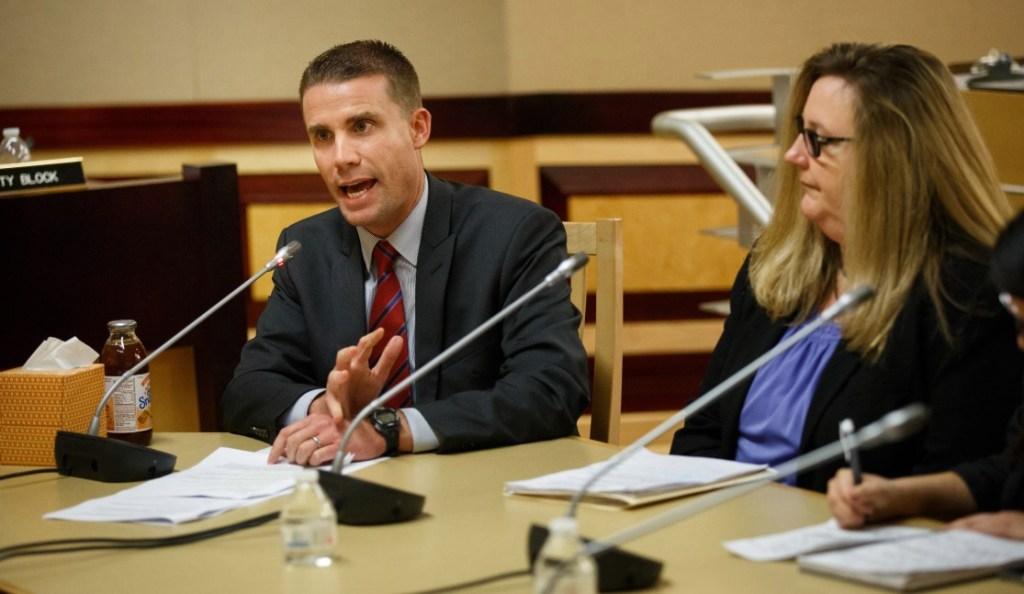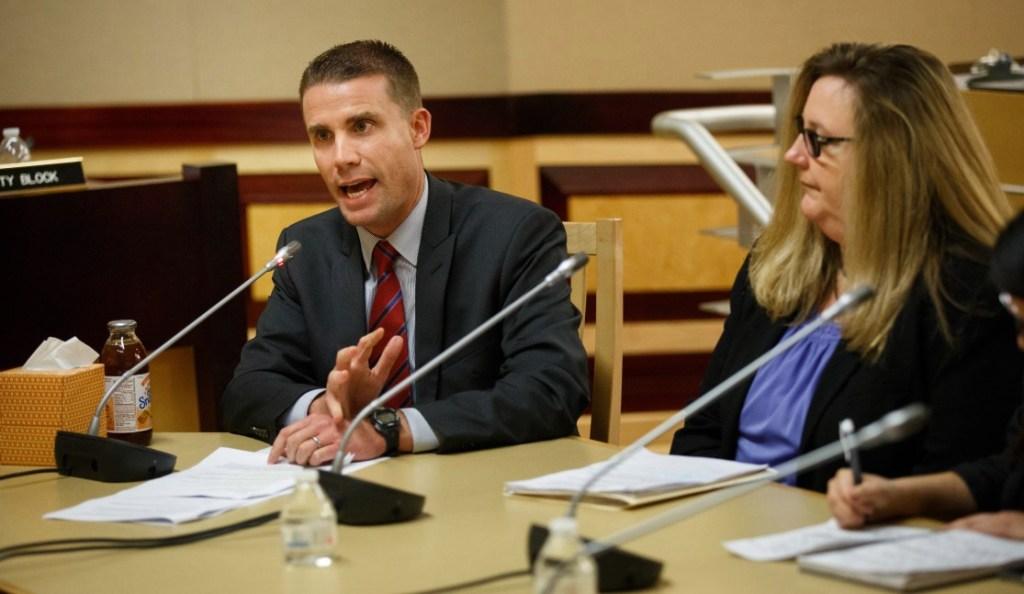According to the California Department of tax and fee Administration, the state brings in more than $65 million a year from legal cannabis. To begin the year, California’s recreational marketplace gave 173 dispensaries statewide permits and since then 1,307 temporary licenses have been granted to cannabis businesses.
Santa Rosa, Sonoma’s largest county started to sell recreational marijuana in January of this year and is selling to those who are 21 and older without the need for a medical referral. However, many existing California cannabis growers are having trouble becoming legalized.
Only a fraction of growers in the area are legal and this is due to it being seen as difficult to smaller businesses. Around 60% of the world’s cannabis is grown here in Northern California and many are worried that even with the legalization, they aren’t going to be profiting much. Many smaller growers in the region believe that this is only going to benefit the corporate cannabis growers. They say that big companies are the target of the legalization and that those who have been doing this for years just aren’t able to keep up.
“If the goal was to create a workable regulatory pathway for existing cultivators to become legal, I think we failed,” said Sonoma County Agricultural Commissioner Tony Linegar. Loud cheers and applause were given after this statement by the audience of the hearing which included many small business owners.
On Thursday March 1, a state Senate hearing focusing on the first 60 days since the passing of Proposition 64 was held in Ukiah. Prop 64, the Adult Use of Marijuana Act, is the initiative passed in November 2016 which legalized cannabis in California at the start of 2018. Leading the hearing was Senator and Sonoma State alum, Mike McGuire who was co hosted by Assemblymember Jim Wood. McGuire and Wood have been working together on the issue of legalized cannabis since 2015.
Nick Maduros, the director of the California Department of Tax and Fee Administration, said the states sales and use program accumulates the most revenue bringing in around $50 billion every year.
With California being the only state to issue the cultivation and cannabis excise taxes, Maduros said there’s an office in Santa Rosa for those who wish to get an unselective permit to market cannabis.
Wood began the hearing speaking on how the tragic October wildfires shook North Bay communities and thus the proposition in those counties. “What we didn’t know was that we would have devastating wildfires that would descend upon two of the three counties represented here tonight,” said Wood. “People, including cannabis farmers, lost their homes and businesses and more than 40 people lost their lives.”
Kevin Doble, mayor of Ukiah alongside Mendocino County Supervisor, Dan Hamburg explained their region’s success and problems regarding proposition 64. Hamburg, who is a proponent of legalizing marijuana, stated that Mendocino County was ahead of many others in implementing marijuana regulations. “That really shows how far and really how difficult things are for the state because we are struggling and I don’t want to sugar coat that,” said Hamburg, “I don’t want to make it seem like this has been an easy thing.”
Lori Ajax, of the California Department of Consumer Affairs, said the programs implemented due to Prop 64 have been working with the California Department of Public Health and the California Department of Food and Agriculture. “We have transitioned from program development to implantation, our emergency regulations are in effect, our online system is accepting applications and we’re issuing licenses daily,” said Ajax. “We have begun enforcement activities and our cannabis advisory committee has been hard at work.”
McGuire said in his opening remarks that the legalization of cannabis in our area is “rapidly transforming our region”. He then explained how in the coming years we will start to focus on taxes and fees around the prop.
This will cause another issue due to the fact that the upfront costs and high taxes are already a main reason may have chose not to get their permit to grow. Although some of the people who spoke during the hearing believed their regions are benefitting from the prop, the issues for smaller businesses is still on the rise and they seem to keep falling short.




































